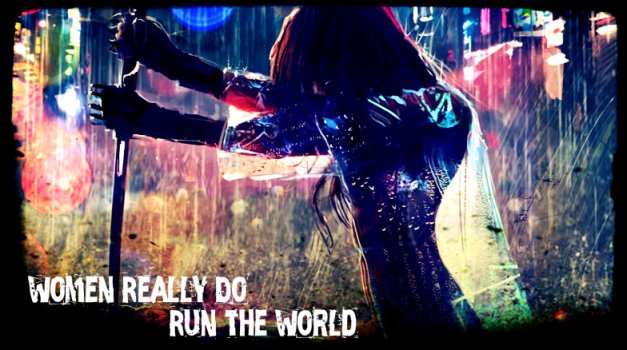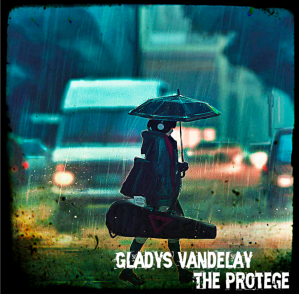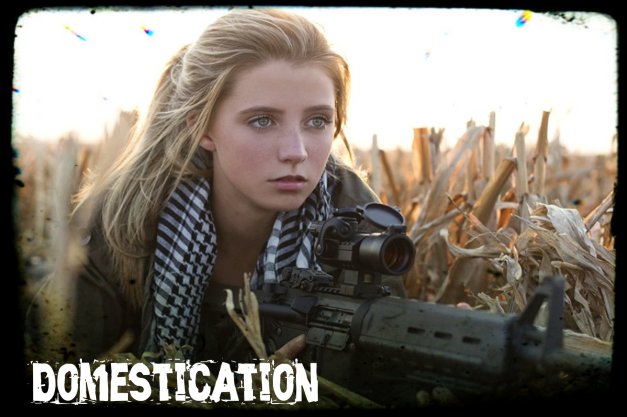
The last few years have seen rallying calls for diversity, equality, and progression. But no one’s talking about love anymore. Rock Kitaro aims to change all of that in the first of many short stories under the umbrella title, “The Perennial War of Paramours”.
In “Women Really do Run the World,” Marcus Angel is a journalist who’s been in love with Anna Marie for the better part of his adult life. His ambition, his progress, his need to succeed in life…she was his motivation for it all. Three years after Anna leaves his world for a job on the West Coast, Marcus finds himself caught in the middle of a homicide investigation. A source reaches out to him to reveal the existence of an underground feminist society and just by coincidence…Anna Marie returns.
In “The Green Cocktail Dress,” Elliot Chan is film student with repressed memories of his father’s death. He was just a toddler when it all went down. All he remembers is the woman in the green cocktail dress. His obsession to find her leads him to discover Marcus Angel’s expose about the society of deadly feminists. It just so happens that his mother is one of the shot-callers. His mother is the woman in the green cocktail dress.
And in “The Privileged” we have a promising young virtuoso Gladys Vandelay, a starling recruit to join this secret feminist society. She excels in the training, feeding off a deep internal rage to overcome every obstacle. There’s just one problem. In order to become a full-fledged member, each woman has to kill the man that means the most to them in this world. It’s an initiation to prove themselves committed to the cause, a sacrifice Gladys isn’t quite willing to make.

These stories aren’t for the faint of heart. Award winning Ursula Le Guin once wrote: “Hard times are coming, when we’ll be wanting the voices of writers who can see alternatives to how we live now, can see through our fear-stricken society and its obsessive technologies to other ways of being, and even imagine real grounds for hope. We’ll need writers who can remember freedom — poets, visionaries — realists of a larger reality.”
